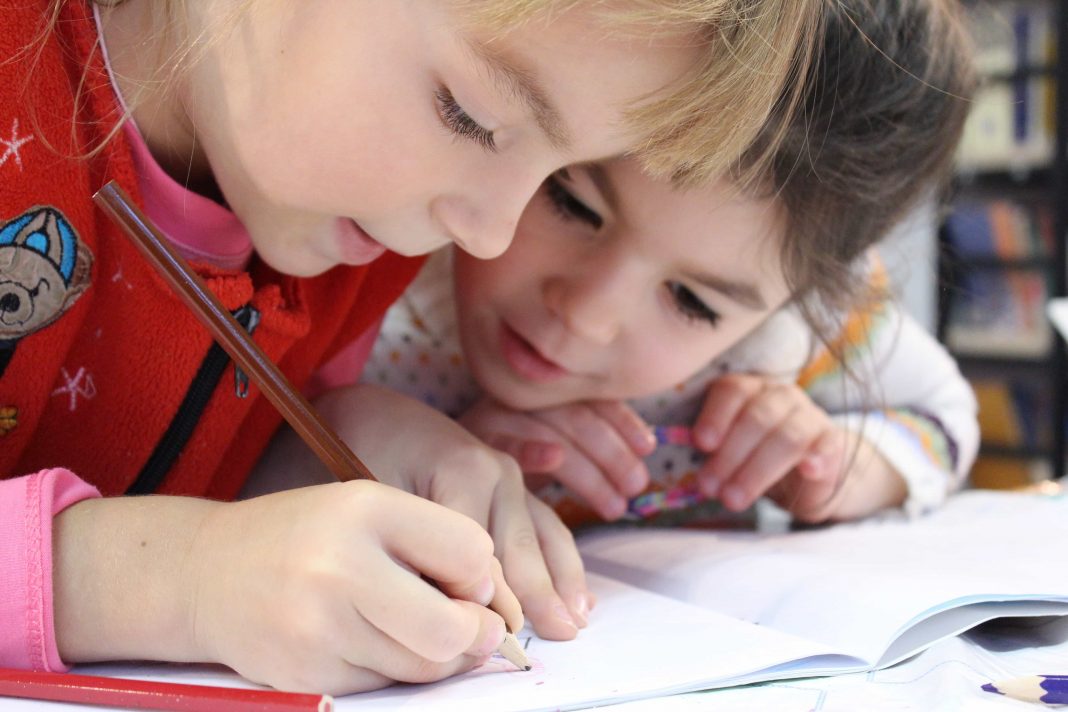Play is an essential part of a child’s early development. The Umonics Method understands this. Playing encourages young children’s brains to mature and for their language and communication skills to develop. Easy games of peek-a-boo, shaking a rattle or singing a song are much more significant than just a method to pass the time.
They teach young children not only about communication, develop their motor skills and assist with problem-solving. Something as simple as stacking and knocking over blocks allows toddlers to discover maths and science concepts, including shapes, gravity, counting and balance. These early childhood games are essential to laying the grounds for formal education.
The first couple of years of life shape a child’s future into adulthood. This is when the most important brain development happens, especially in the first two years of life. Absence of play and communication, identified as “under-stimulation”, can have long-term adverse consequences on a child’s learning, physical and mental well-being.
Approximately 80% of brain development is developed by age three and 90 % by age five. This indicates a child cannot wait for primary school for learning to start.
It’s critical to understand the crucial role that play has in early childhood development. Guide for play must be built into early childhood development plans.
Guidance is critical to help parents and carers understand how important play is for young children and to give them opinions about how to work with what they have. For example, plain household items such as cups and spoons can serve as toys.
To optimise children’s growth, teachers need to understand and know how to implement current theories of learning and teaching and child development.
Learn more about The Umonics Method
The Umonics Method. The Umonic Method. The Umonics Method Singapore. Singapore Preschool Enrichment. Preschool Enrichment in Singapore. Preschool Enrichment Classes in Singapore. Umonics Method.




